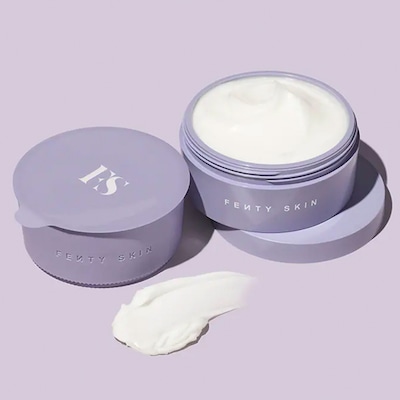Empower Your Wellness Journey
Discover tips and insights for a healthier lifestyle.
Beauty Secrets Your Skin Will Thank You For
Unlock stunning skin with these game-changing beauty secrets your complexion will love! Discover tips that make a difference today.
5 Natural Ingredients for Glowing Skin
Achieving glowing skin doesn't necessarily require expensive products or complex routines. In fact, incorporating natural ingredients into your skincare regimen can be both effective and gentle on your skin. Here are 5 natural ingredients that can help you attain that coveted radiant complexion:
- Aloe Vera: Known for its soothing properties, aloe vera is rich in vitamins and antioxidants. It hydrates the skin while promoting healing, making it perfect for those with sensitive or irritated skin.
- Honey: This natural humectant draws moisture into the skin. Honey also has antibacterial properties, making it ideal for treating acne. You can learn more about the benefits of honey here.
- Coconut Oil: With its moisturizing and protective qualities, coconut oil serves as an excellent natural moisturizer that can enhance your skin's barrier function.
- Lemon Juice: This citrus fruit is packed with vitamin C, which is vital for collagen production and skin brightening. However, it's essential to use it cautiously, as it can make the skin photosensitive. Read more about its benefits here.
- Turmeric: The anti-inflammatory and antioxidant properties of turmeric can help reduce blemishes and enhance your natural glow.

The Ultimate Guide to a Nighttime Skincare Routine
Creating the perfect nighttime skincare routine is essential for maintaining healthy, glowing skin. As you sleep, your skin undergoes critical repair and regeneration, making this the ideal time to apply products that nourish and rejuvenate. Start by thoroughly cleansing your face to remove dirt, makeup, and impurities. Use a gentle cleanser suitable for your skin type. For additional benefits, consider incorporating a chemical exfoliant a few times a week. After cleansing, layering on a hydrating toner helps to balance your skin's pH and prep it for the following steps. You can learn more about the importance of cleansing in your skincare routine here.
Once your skin is prepped, it's time to apply serums and treatments. Target specific concerns with serums containing active ingredients like retinol, hyaluronic acid, or vitamin C. These ingredients help with acne, fine lines, and overall skin radiance. Follow with a rich moisturizer to lock in hydration and repair your skin barrier overnight. Finally, don’t forget your eyes; a nourishing eye cream can help reduce puffiness and dark circles. Consistency is key; aim for the same nightly regimen, and you'll see improvements in your skin's texture and appearance over time. For tips on choosing the right products for your skin type, check out this guide.
How to Choose the Right Sunscreen for Your Skin Type
Choosing the right sunscreen for your skin type is essential to ensure optimal protection against harmful UV rays. Understanding your skin type is the first step in this process. It’s important to identify whether your skin is oily, dry, combination, or sensitive. For instance, those with oily skin may benefit from a sunscreen that is labeled 'oil-free' or 'matte finish', while individuals with dry skin may prefer formulations that contain moisturizing ingredients. Additionally, sensitive skin types should look for fragrance-free and hypoallergenic options to minimize irritation.
When selecting a sunscreen, always pay attention to the SPF rating and broad-spectrum protection. A minimum SPF of 30 is recommended for adequate protection. Furthermore, check for ingredients like zinc oxide or titanium dioxide, which are generally well-tolerated by most skin types, especially sensitive skin. Remember to apply sunscreen generously and reapply every two hours, or more often if you're swimming or sweating. Educating yourself on sunscreen ingredients can empower you to make informed decisions tailored to your skin’s needs.